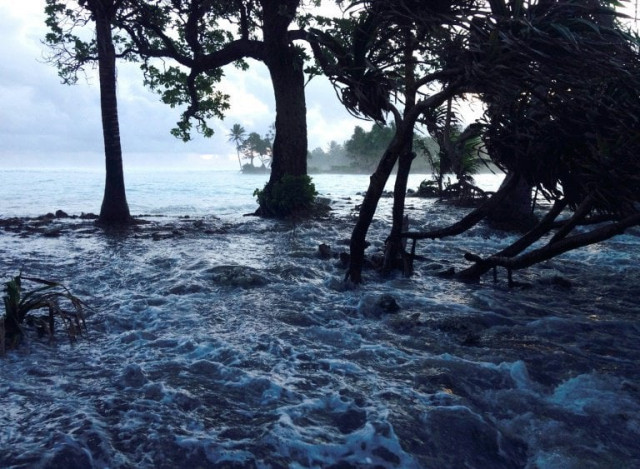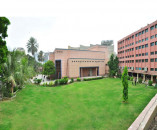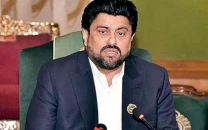A feminist take on climate change
Speakers stress need to include women's voices in climate change policy

PHOTO: AFP
The Pakistan Tehreek-e-Insaf was perhaps the only political party to include climate change in its election manifesto. Since coming into power at the Centre, the party has launched several initiatives, no matter how small or ill-planned, to counter the effects of climate change. Even here, the feminist voice is conspicuously missing and the policy makers have shown little interest in accounting for the disastrous effects the changing weather patterns are already effecting in the lives of the country's female workforce.
The feminist perspective
Some believe, however, that the two causes - climate change and feminism are closely interlinked. On Sunday, The Women Democratic Front-Karachi (WDF) and Climate Action group organised a thought-provoking session that sought to bring to light the parallels between the issues of feminism and environmentalism. The discussion primarily aimed to drill home a socialist-feminist approach to counter factors prompting global warming in the country.
"It is important to incorporate three pillars - environmentalism, feminism and socialism to make this struggle against environmental degradation more inclusive, participatory and democratic," explained activist, lawyer and member of the WDF, Abira Ashfaq. "We need to bring back discussion, assert numbers and increase awareness among the public to highlight the effects of climate change," she added.
The participants discussed how changing weather conditions impact women, particularly in rural areas, as they constitute a major part of the agricultural workforce. These women, said the speakers, are therefore more susceptible to the problems that arise from extreme climatic conditions.
Activist and environmentalist Muhammad Asghar reiterated how the female population is more likely to bear the brunt of natural disasters. He asserted the need for feminists to step in to support and empower them. According to the United Nations, women are 14 times more likely to die in natural disasters than men.
"Climate change affects widows, elderly and disabled greatly as their conditions make them vulnerable," he said. "It is important to include women in policy-making and make them potential partners in the fight against environmental challenges since they are also familiar with the ground realities," he added.
The participants also highlighted the problems associated with climate movements in Pakistan. According to the speakers, a common man does not associate himself with climate change, therefore a collective effort is required.
"We have gathered today to understand this issue and organise a strategy that can hopefully build a narrative in the right direction," said one participant, who identified herself as a climate activist.
The attendees also included architects, students and people belonging to various professions and hailing from different parts of the country.
The discussion was organised in accordance with the upcoming Global Climate Strike scheduled from September 20 to September 27 to draw more attention towards environmental issues and its impact on women in particular.


















COMMENTS
Comments are moderated and generally will be posted if they are on-topic and not abusive.
For more information, please see our Comments FAQ